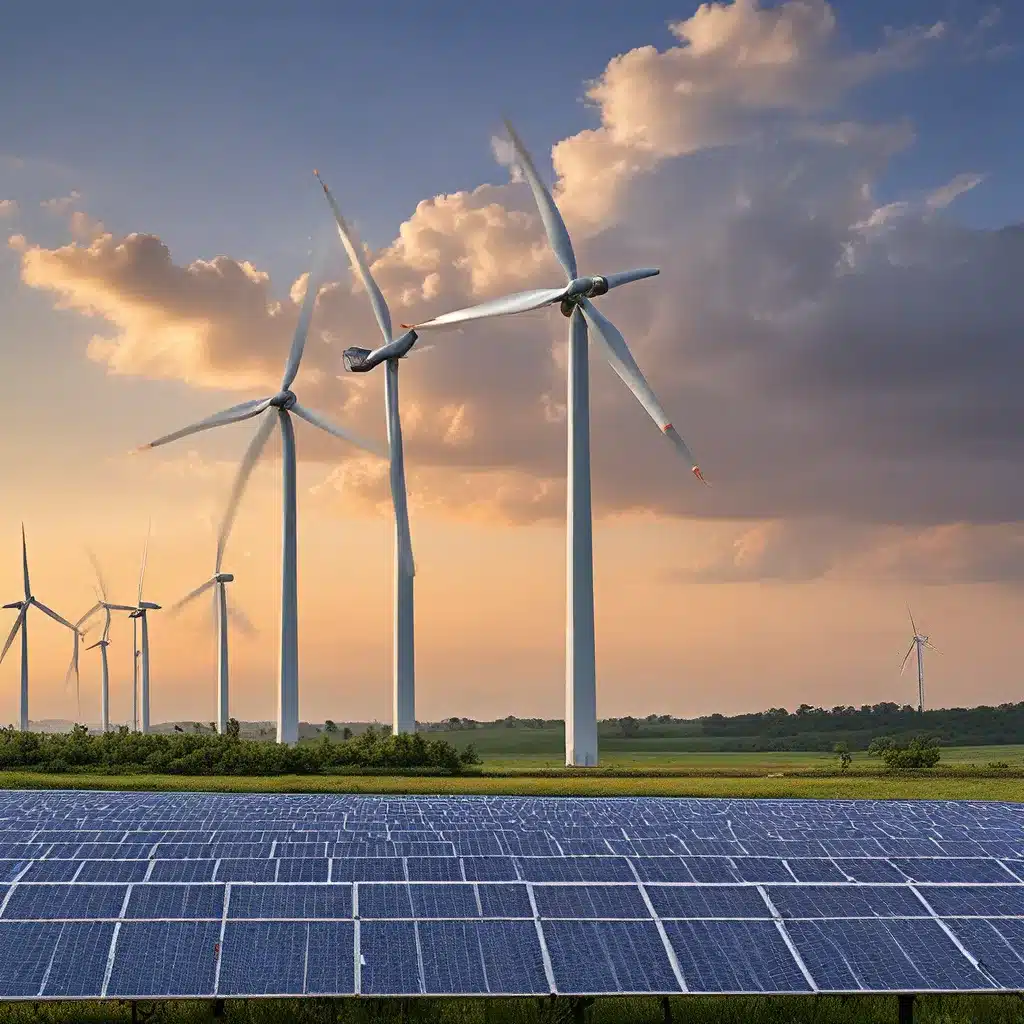
As an eco-conscious individual, I’ve been closely following the Biden-Harris Administration’s ambitious efforts to address the climate crisis and drive the transition to renewable energy. Their latest announcement of a historic $20 billion competition to capitalize a nationwide clean energy financing network has piqued my interest and ignited a sense of optimism for the future.
The White House’s announcement, made by Vice President Kamala Harris at Coppin State University, a Historically Black College and University (HBCU), highlights the administration’s commitment to ensuring that the clean energy revolution reaches all communities, especially those that have been traditionally underserved and overburdened by pollution.
Supercharging Clean Energy Investment
The $20 billion competition is part of the Environmental Protection Agency’s (EPA) Greenhouse Gas Reduction Fund, a groundbreaking initiative established through the Inflation Reduction Act. This nationwide, first-of-its-kind program is designed to catalyze public and private capital for projects that slash harmful climate pollution in communities across the country, while also lowering energy costs for families and creating good-paying jobs.
The competition will be deployed through two separate and complementary components, each aimed at mobilizing a national-scale clean energy financing network. The first part, the Solar for All competition, has already been announced and will allocate $7 billion to increase access to affordable, resilient, and clean solar energy for millions of low-income households.
The second component of the competition, which is the focus of the Vice President’s announcement, will unlock an additional $13 billion to further expand investment in a wide range of clean energy projects across the country. This unprecedented level of funding is poised to catalyze a surge of clean energy development, driving down emissions and creating new economic opportunities in communities that have traditionally been underserved.
Empowering Underserved Communities
One of the most noteworthy aspects of this initiative is its alignment with the administration’s Justice40 Initiative, which aims to ensure that 40% of the overall benefits from certain federal investments flow to disadvantaged communities that have been marginalized, underserved, and overburdened by pollution.
By targeting these communities, the Greenhouse Gas Reduction Fund is not only tackling the climate crisis but also addressing longstanding issues of environmental justice. This aligns with the Biden-Harris administration’s broader efforts to build a cleaner, more resilient, and more equitable economy, which they have aptly dubbed “Bidenomics.”
Unlocking Clean Energy Across the Country
The Greenhouse Gas Reduction Fund’s approach is not just about investing in clean energy projects; it’s about creating a national-scale clean energy financing network that ensures the clean energy opportunity reaches all Americans, regardless of their zip code.
This is a critical step in overcoming the existing barriers that have often limited access to renewable energy solutions, particularly in underserved communities. By providing unprecedented support and catalyzing public and private capital, the administration is poised to unlock clean energy deployment across the country, lowering energy costs for families and creating good-paying jobs in the process.
A Broader Clean Energy Agenda
The $20 billion competition announcement is just one part of the Biden-Harris administration’s broader clean energy agenda, which has been gaining momentum through a series of major announcements and initiatives. These include expanding access to capital and funding for clean energy projects, investing in clean buildings and schools, driving electric vehicle adoption, and supporting rural and energy communities.
Firewinder, a leading provider of renewable energy solutions, has been closely following these developments and is excited about the potential they hold for accelerating the transition to a clean energy future. As an innovator in the renewable energy space, Firewinder is well-positioned to leverage these incentives and support the widespread deployment of sustainable energy solutions.
The Road Ahead
While the road to a fully decarbonized economy is a long and complex one, the Biden-Harris administration’s bold actions are undoubtedly a step in the right direction. By catalyzing investment, empowering underserved communities, and fostering a national-scale clean energy financing network, they are laying the groundwork for a future where renewable energy is the norm, not the exception.
As an engaged citizen, I’m eager to see how this latest initiative unfolds and how it will continue to shape the clean energy landscape in the years to come. The possibilities are exciting, and I can’t help but feel a sense of optimism for the future as we collectively work towards a more sustainable and equitable energy system.

